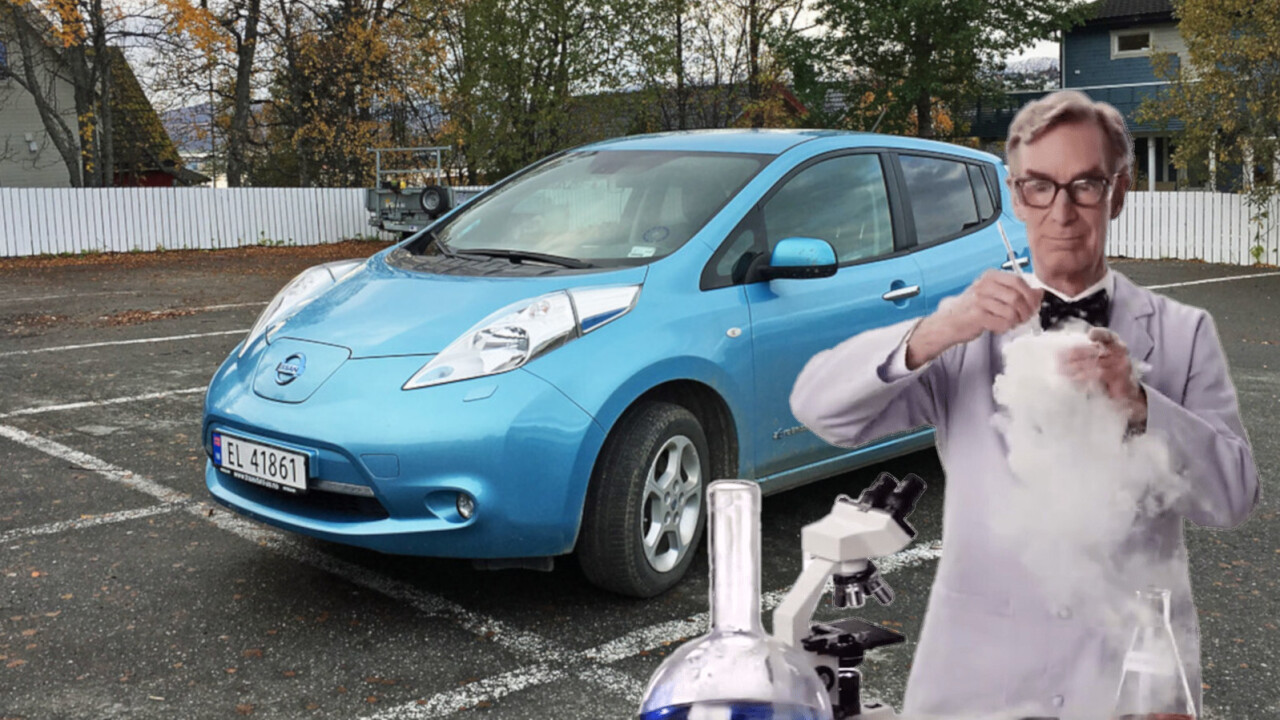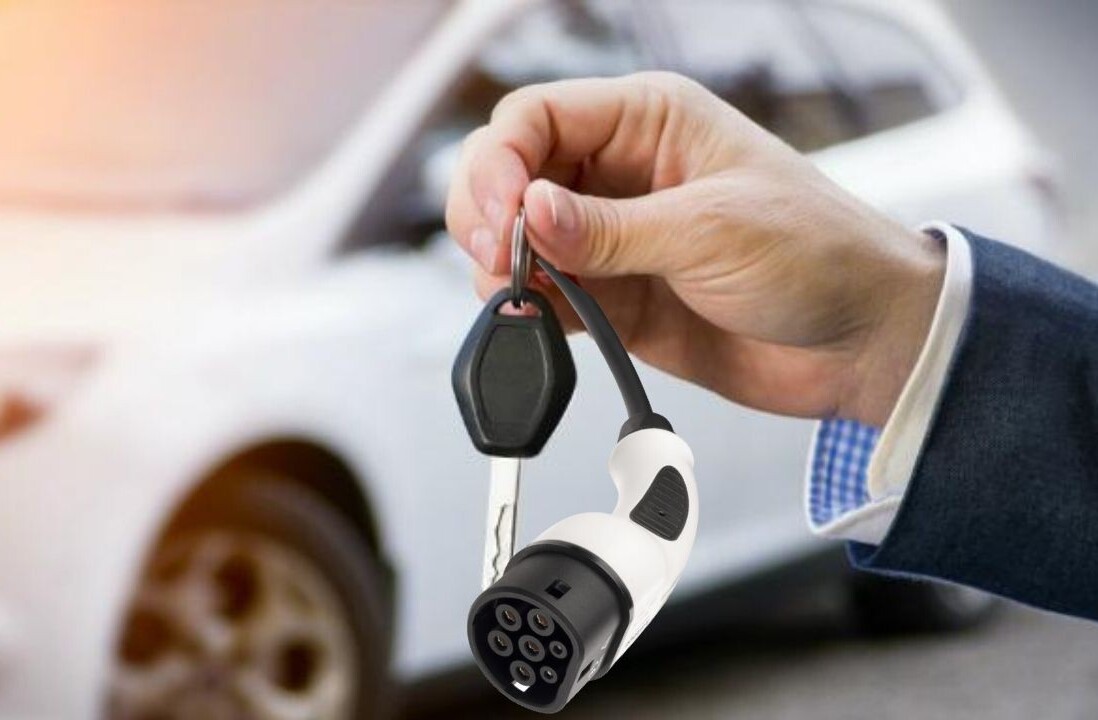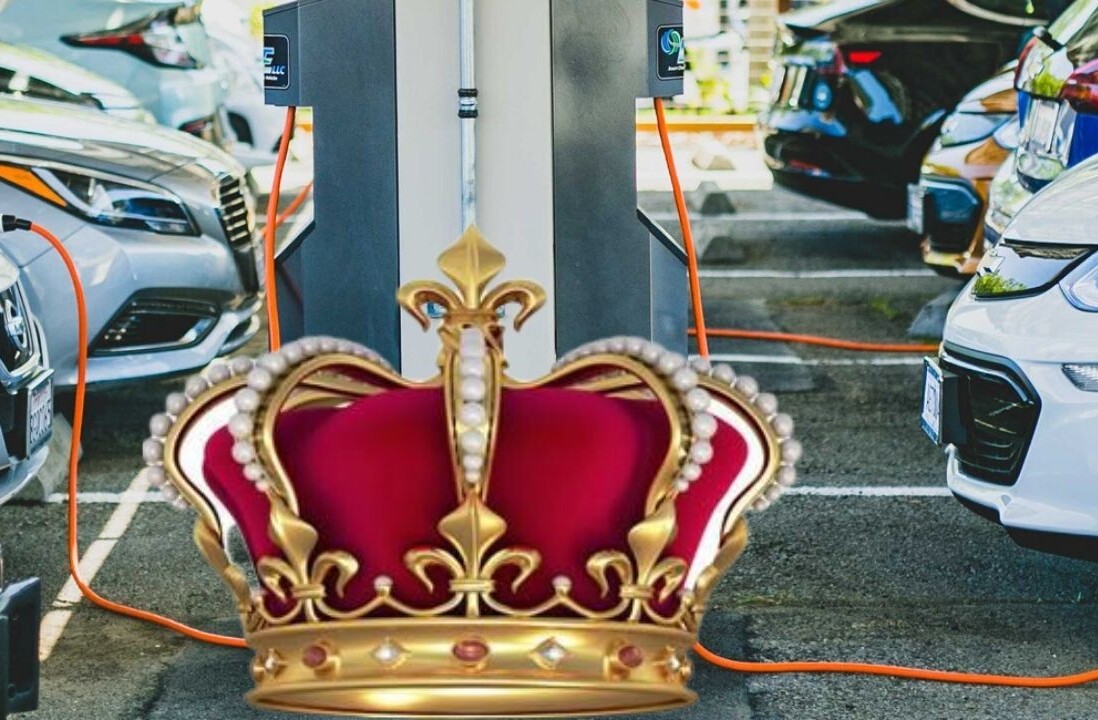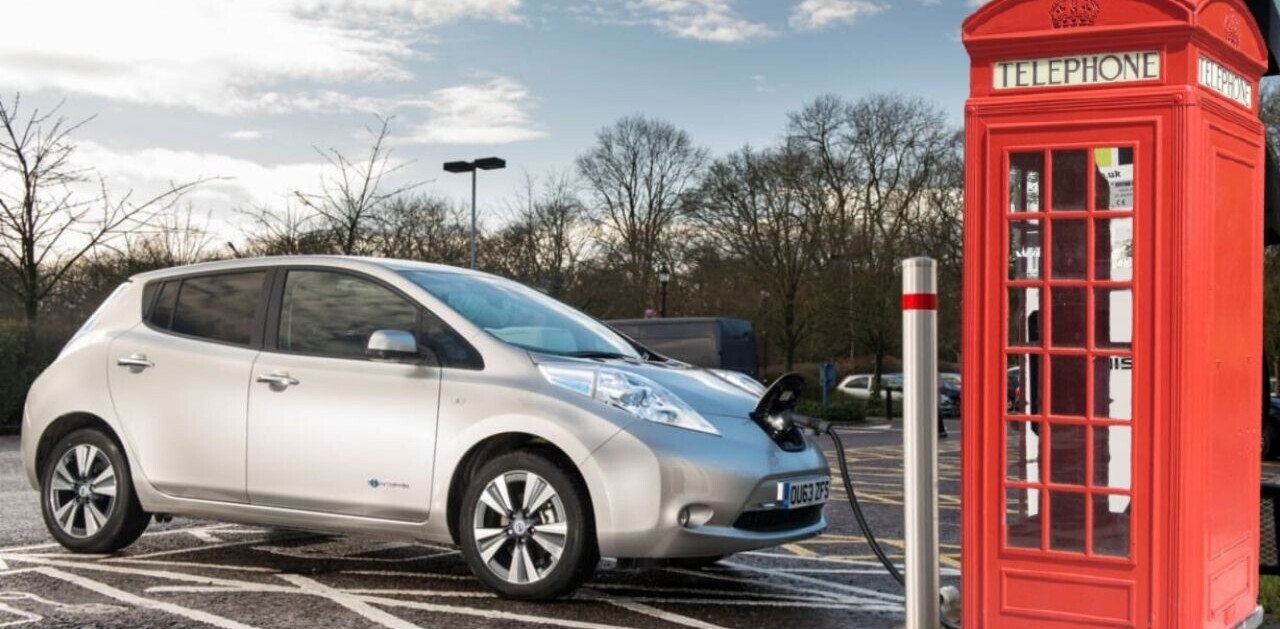
Unless we do something proactive, we could end up sitting atop a mountain of waste batteries from electric vehicles over the next decade.
Studies have predicted that by 2040, there will be more than 7 million tonnes of EV batteries that need recycling. As more of us make the switch to electric power, the need for recycling facilities grows — and Nissan has come up with a wonderfully circular way of reusing batteries from its Leaf EV.
The reason why we’re racing to find alternative uses for EV batteries is that their entire life-cycle can go far beyond the vehicle.
This is because car manufacturers consider an EV’s battery end of life when it can no longer hold more than 80% of the charge it could hold when new — but that means you’ve still got a highly functioning battery.
In many cases, EV batteries that are end of life can be recycled, reconditioned, and reused in other applications when they’re no longer powerful enough to be used in cars.
In fact, Japanese carmaker Nissan is doing just that, and it all sounds wonderfully simple.
As part of its production line, Nissan uses automated guided vehicles (AGVs) to deliver vehicle components to human workers on the factory floor.
These AGVs are already battery powered, but they use old-style lead acid batteries which only last a couple of years. Not mentioning how bad lead is for the environment.
However, Nissan engineers have developed a process to take three battery modules from an old Leaf, and repackage them to fit in an AGV.

The Nissan Leaf’s battery pack has 48 modules, that’s enough to power up to 16 AGVs. According to Nissan, it has over 4,000 AGVs in operation at its manufacturing facilities all over the globe.
Using old lithium-ion batteries makes practical sense too.
They charge faster than the lead acid alternatives that Nissan has been using, meaning they can be operational more of the time. The batteries can remain in the AGV while charging.
The lithium-ion batteries are expected to last eight years in the AGVs too. The lead acid batteries only last two!
Oh, and there’s no nasty lead to deal with when they need to be disposed of. It sounds like a good basket of wins.
Nissan Leaf owners also stand to benefit in a round about sort of way.
Masashi Matsumoto, who promotes the development of AGVs at Nissan’s Production Technology Research and Development Center said that, “When used EV batteries become more valuable, trade-in prices rise”
“With more ways to use batteries, the overall residual value of the LEAF has increased,” Matsumoto added.
Coming full circle
Back in 2010, Nissan launched the Leaf, its cutesy electric city car. It was one of the first truly mass market EVs, and it has proved popular all over the world.
Though it had a downside. The early models had passively cooled battery packs, which mean their batteries were subject to greater swings in temperature under charge and discharge.
Ultimately, this shortened the useful life of the batteries, and many early Leaf owners have experienced battery degradation.
While that sucks for the drivers, it sucks even more for the planet if we can’t do anything at all with the batteries.
Thankfully, like Nissan plenty of companies are coming up with ideas to recycle and reuse EV waste, before it hits landfill.
VW recently showed off its recycling process which it says can recover up to 95% of a battery’s waste material.
Old Nissan Leaf batteries have also been used to power a small passenger ferry in the UK.
Do EVs excite your electrons? Do ebikes get your wheels spinning? Do self-driving cars get you all charged up?
Then you need the weekly SHIFT newsletter in your life. Click here to sign up.
Get the TNW newsletter
Get the most important tech news in your inbox each week.





